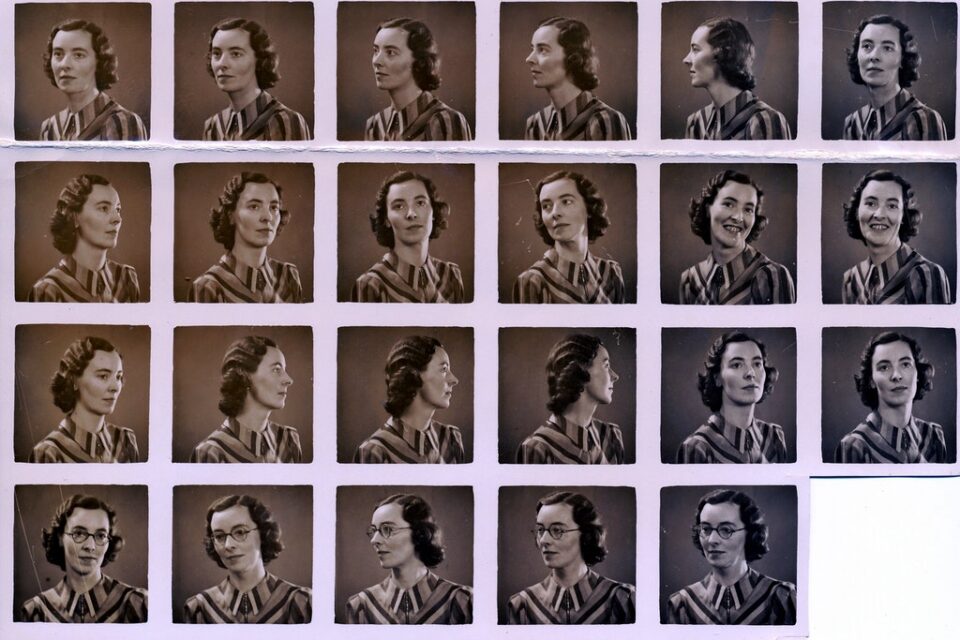“Who lives, who dies, who tells your story?” (Hamilton)
Given the current climate around suppressed history and idealizing the past, I have been thinking a lot about what it means to tell someone else’s story. What sort of politics to involve? What sort of things to focus on, versus what to cut?
It is impossible to condense an entire person’s life into a two-hour film without misleading or rebranding that person in some way. Some films want to detail the best parts of that person’s life. Others want to focus on the worst thing that happened to them, or even the worst thing that person did.
A subject has little authorial power over their life once it is finished. We have no control over our legacy, and biopic films are great demonstration of this. Many portrayals are technically inaccurate and one-sided, yet remain valid character studies. These films try to balance truth with drama, a problematic and challenging dynamic.
While most biopics come from a place of appreciation and critical thought, they can have long lasting influence over the study of that person. As such, biopics are a reflection of that person’s persona, however unfortunate or even distorted that image might seem to the person in question.
I believe that a good biopic cannot be made when the subject is still alive or involved (looking at you Rocket Man). There is no way to honestly study a person when that person is participating. They will want the most compelling and flattering version of their life, one which glosses over certain aspects to highlight their quest for glory. The only problematic things in the film will be those which the subject eventually overcomes. In other words, they give the subject a happily ever after even though they have not finished their career.
Alternatively, some of the greatest biopics I have seen are those where the subject has long passed, or even those where the subject hated the film because of its honest and unfiltered perspective. These kinds of films are often conscious of how influential a biopic can be, and they try to balance honesty with entertainment and reputation. They are still rather flattering for the most part, but they also talk about the uncomfortable parts of a person’s life.
I likewise believe that biopics come from two perspectives. The first kind tries to capture what it was like for the subject by focusing on their emotional state versus everyone else’s experience. This generally signals that the project was produced by the subject, or based on their accounts, as they guide the writer through their firsthand experience.
The other kind of biopic examines a person’s story based on their legacy, specifically the way they made other people feel. Many of these projects deal with the politics around knowing and unknowing, as they never claim to know the person, just what they did and how it effected the world. They perform a sort of close reading on that person, an interpretation of their life and work.
This second type of biopic might be inaccurate, but that is part of the point. They are more of a reflection on who that person has become, the way other people saw them, and how they continue to influence our world, however abstractly and inaccurate that influence be. These are the kind of biopics which I am most interested in.
I am going to be discussing some of my favourite biopics for the next two weeks (until August 14). My discussions will focus on defining scenes in these films, ones where the subject makes a big decision that impacts the rest of the film.
Tune in as I examine what it means to close read a person’s legacy, and how biopic films combine fact and fiction to recreate a life.
